Canada’s troubled relationship with its indigenous population
State grappling with reparations amid accusations of genocides against First Nations people
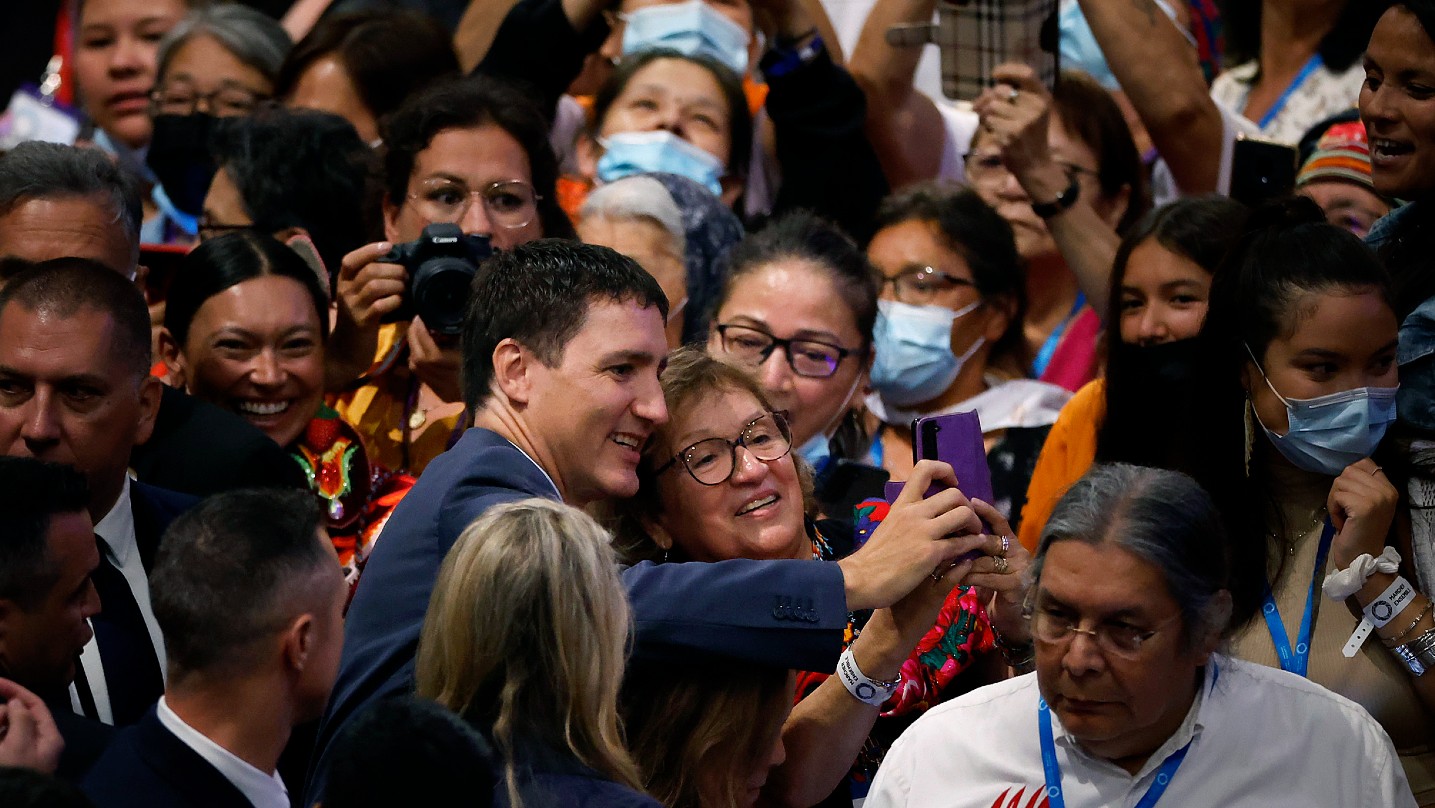
A free daily email with the biggest news stories of the day – and the best features from TheWeek.com
You are now subscribed
Your newsletter sign-up was successful
The discovery of a body in Canada has brought renewed focus to the disproportionately high rate of disappearances and murders of First Nations women, and to the country’s troubled relationship with its indigenous population.
The remains of Linda Mary Beardy, from Lake St Martin First Nation, were found last week at a landfill in Winnipeg where the remains of another indigenous women were found “less than a year ago”, Canadian news site The Globe and Mail reported. Police initially described 33-year-old Beardy’s death as “suspicious” but subsequently said she was not believed to be the victim of a homicide.
But while foul play was ruled out, the city is “increasingly accustomed to the bodies of indigenous women being dumped in landfills”, said Toronto-based reporter Leyland Cecco in The Guardian.
The Week
Escape your echo chamber. Get the facts behind the news, plus analysis from multiple perspectives.

Sign up for The Week's Free Newsletters
From our morning news briefing to a weekly Good News Newsletter, get the best of The Week delivered directly to your inbox.
From our morning news briefing to a weekly Good News Newsletter, get the best of The Week delivered directly to your inbox.
A 2014 report by the Royal Canadian Mounted Police (RCMP) said that indigenous women were six times more likely to be the victim of a homicide than non-Indigenous women. The police analysis found that nearly 1,200 indigenous women had gone missing or been killed in the previous three decades.
And 2016 research by the Native Women’s Association of Canada found that the true figure could be as high as 4,000.
Who’s behind the violence?
The remains of Rebecca Contois, 24, were found in a bin at the Winnipeg landfill last May. Local man Jeremy Skibicki, 35, was charged in connection with her murder and those of three other indigenous women: Morgan Beatrice Harris, 39, Marcedes Myran, 26, and an unidentified victim who has become known as Mashkode Bizhiki’ikwe (Buffalo Woman).
“Adding to the horror”, said Cecco in The Guardian, police initially said that they did not have the resources to recover Harris’s body, believed to have been buried in a different Winnipeg landfill. “In the face of public outrage”, the government gave $C500,000 (£300,000) in February for a feasibility study into a possible search, with the results expected in the next four to six weeks.
A free daily email with the biggest news stories of the day – and the best features from TheWeek.com
Harris’s daughter, Cambria Harris, told The Guardian that she and others believed many more women were buried beneath the rubbish.
In 2013, police unsuccessfully searched the landfill where Contois was found for the suspected victim of another serial killer. Tanya Nepinak, 31, is believed to have been murdered by Shawn Lamb, who was sentenced to 20 years in prison in November 2013 after pleading guilty to the manslaughter of two other indigenous women.
The case helped to trigger a national inquiry. The resulting 2019 report, titled Reclaiming Power and Place, blamed “persistent and deliberate” human and Indigenous rights violations for the “staggering” rates of violence. Family members and survivors “spoke about a surrounding context marked by multigenerational and intergenerational trauma and marginalisation in the form of poverty, insecure housing or homelessness and barriers to education, employment, health care and cultural support”, the report authors wrote.
Although the Royal Canadian Mounted Police research found that most of the indigenous murder victims were killed by their spouses or acquaintances, the inquiry report said that the displacement of women from traditional community roles had increased their vulnerability.
What’s the country’s indigenous history?
Canada had shown “an appalling apathy” to addressing the violence, the executive summary of the national inquiry report warned. Decades of “colonial and patriarchal policies” had amounted to a “genocide”.
In January, the Canadian government officially agreed to a $2.8bn settlement with plaintiffs from its 325 First Nations whose members had attended residential schools.
Between the mid-1800s to 1996, about 150,000 indigenous children were made to attend federally funded, church-run schools, where their ancestral languages were banned and where physical and sexual abuse was widespread.
The ruling admitted to “a collective loss of language and culture” suffered by students, said Jackson Pind, assistant professor of indigenous methodologies at Trent University, on The Conversation. The class-action settlement agreement “signals a defining moment” for Justin Trudeau’s government to settle outstanding claims against the state for more than “150 years of targeted colonisation”, Pind continued.
However, “it does not provide greater compensation to those who suffered the most”. At least 3,200 children are estimated to have died at the schools, mostly from disease. Many believe the real victim tally is significantly higher.
How has the Canadian government responded?
A national Truth and Reconciliation Commission concluded in 2015 that the residential schools system amounted to “cultural genocide”.
This alleged genocide has been linked to increased rates of post-traumatic stress disorder, addiction and suicide in indigenous communities, according to a 2017 report in the Canadian Journal of Psychiatry.
“Even the most patriotic Canadian” would admit that the country’s record on its indigenous communities constituted “a stain on the public conscience”, said Jonathan Kay in The Critic magazine. Canada’s “national mythology” as pacifists and anti-racists has been “jettisoned” since the election of Trudeau in 2015, “who has acceded to not one but two accusations that Canada has committed genocide – one of which involves a supposedly ongoing genocide against indigenous women and girls”.
Amnesty International last month warned that violations against indigenous communities were still “rife”. Canada has made “only glacial progress” on its promises, and “cannot meaningfully advance reconciliation” while still violating indigenous rights, the rights group said.
Harriet Marsden is a senior staff writer and podcast panellist for The Week, covering world news and writing the weekly Global Digest newsletter. Before joining the site in 2023, she was a freelance journalist for seven years, working for The Guardian, The Times and The Independent among others, and regularly appearing on radio shows. In 2021, she was awarded the “journalist-at-large” fellowship by the Local Trust charity, and spent a year travelling independently to some of England’s most deprived areas to write about community activism. She has a master’s in international journalism from City University, and has also worked in Bolivia, Colombia and Spain.
-
 The ‘ravenous’ demand for Cornish minerals
The ‘ravenous’ demand for Cornish mineralsUnder the Radar Growing need for critical minerals to power tech has intensified ‘appetite’ for lithium, which could be a ‘huge boon’ for local economy
-
 Why are election experts taking Trump’s midterm threats seriously?
Why are election experts taking Trump’s midterm threats seriously?IN THE SPOTLIGHT As the president muses about polling place deployments and a centralized electoral system aimed at one-party control, lawmakers are taking this administration at its word
-
 ‘Restaurateurs have become millionaires’
‘Restaurateurs have become millionaires’Instant Opinion Opinion, comment and editorials of the day
-
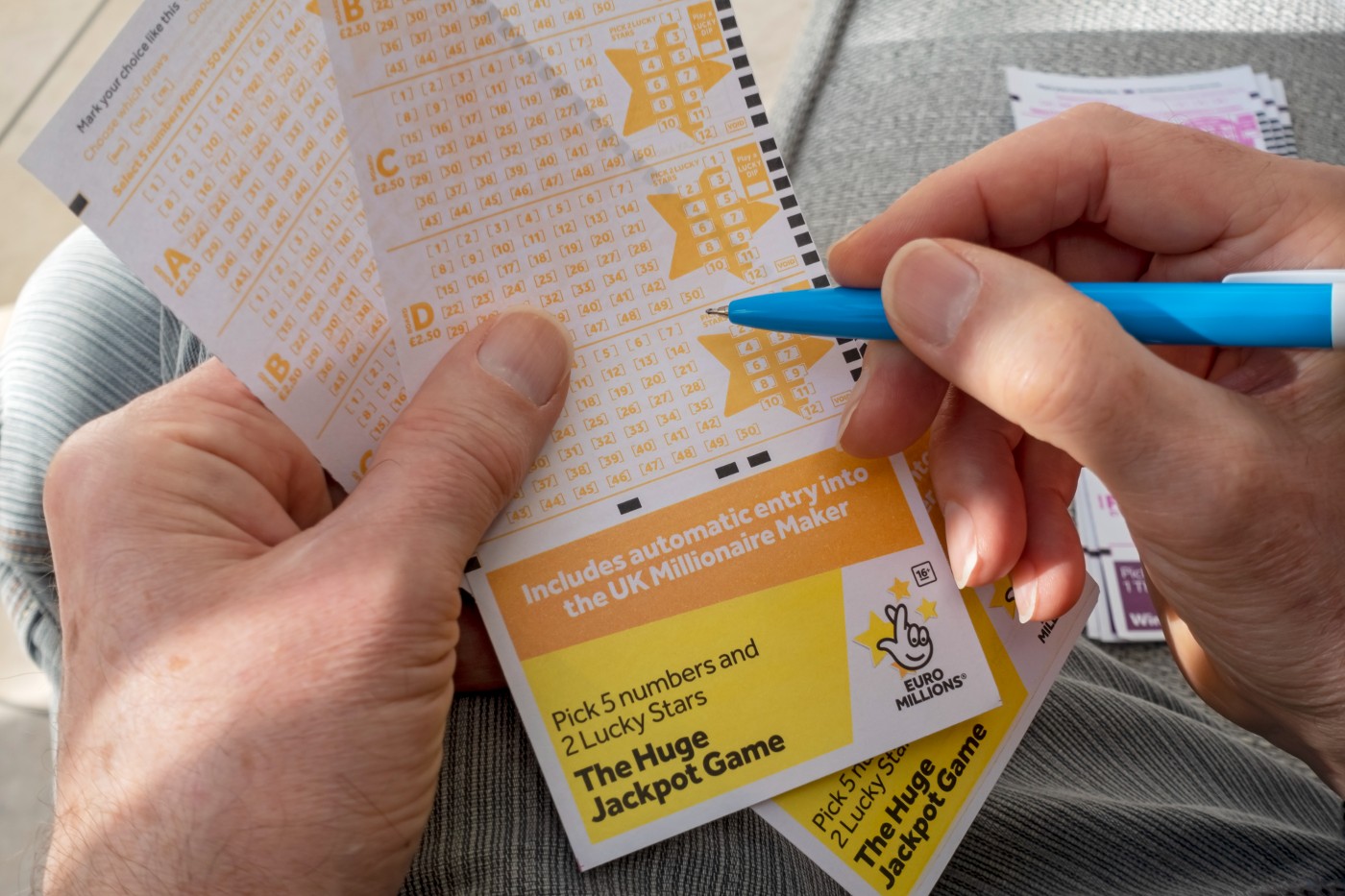 'Angel' visits woman before lottery win
'Angel' visits woman before lottery winTall Tales And other stories from the stranger side of life
-
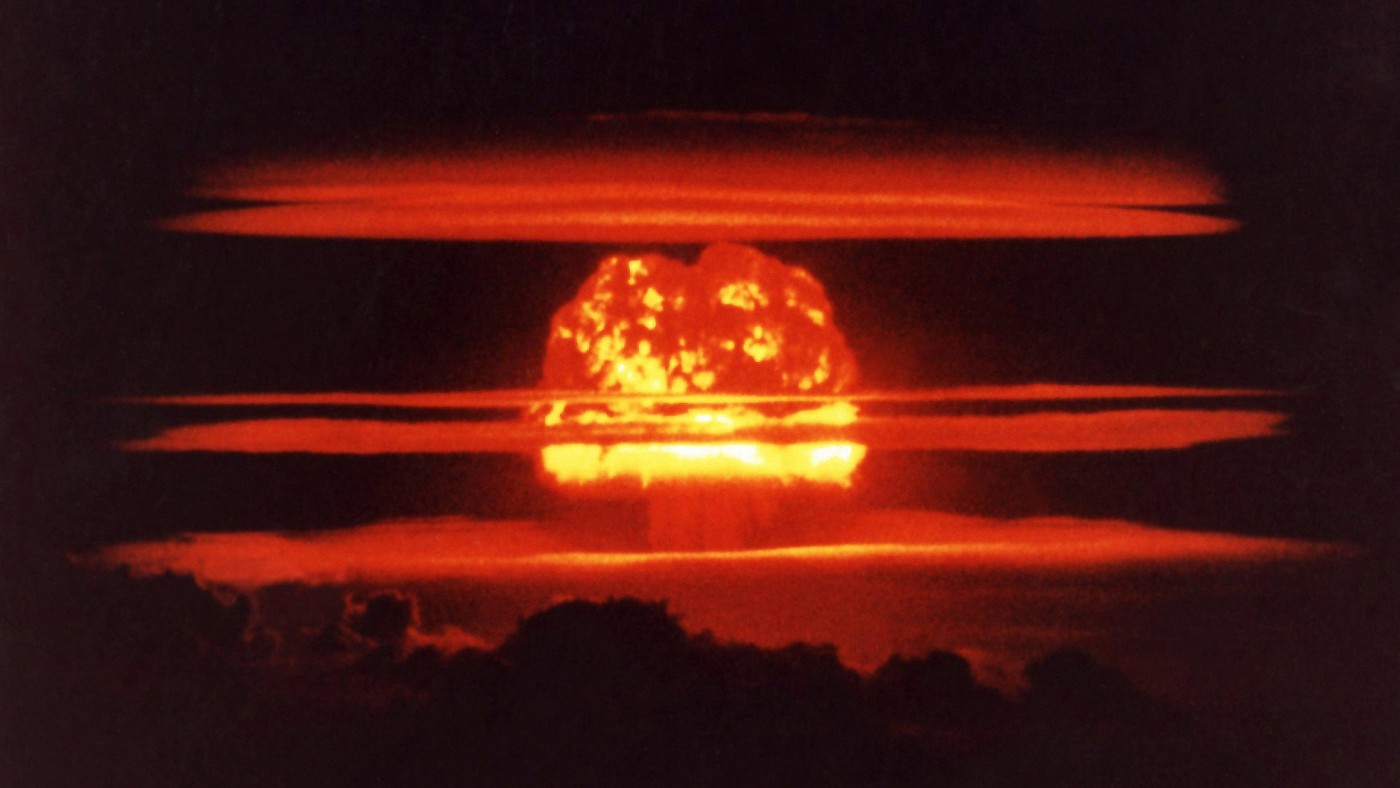 Doomsday group offers 'epic' survival opportunity
Doomsday group offers 'epic' survival opportunityTall Tales And other stories from the stranger side of life
-
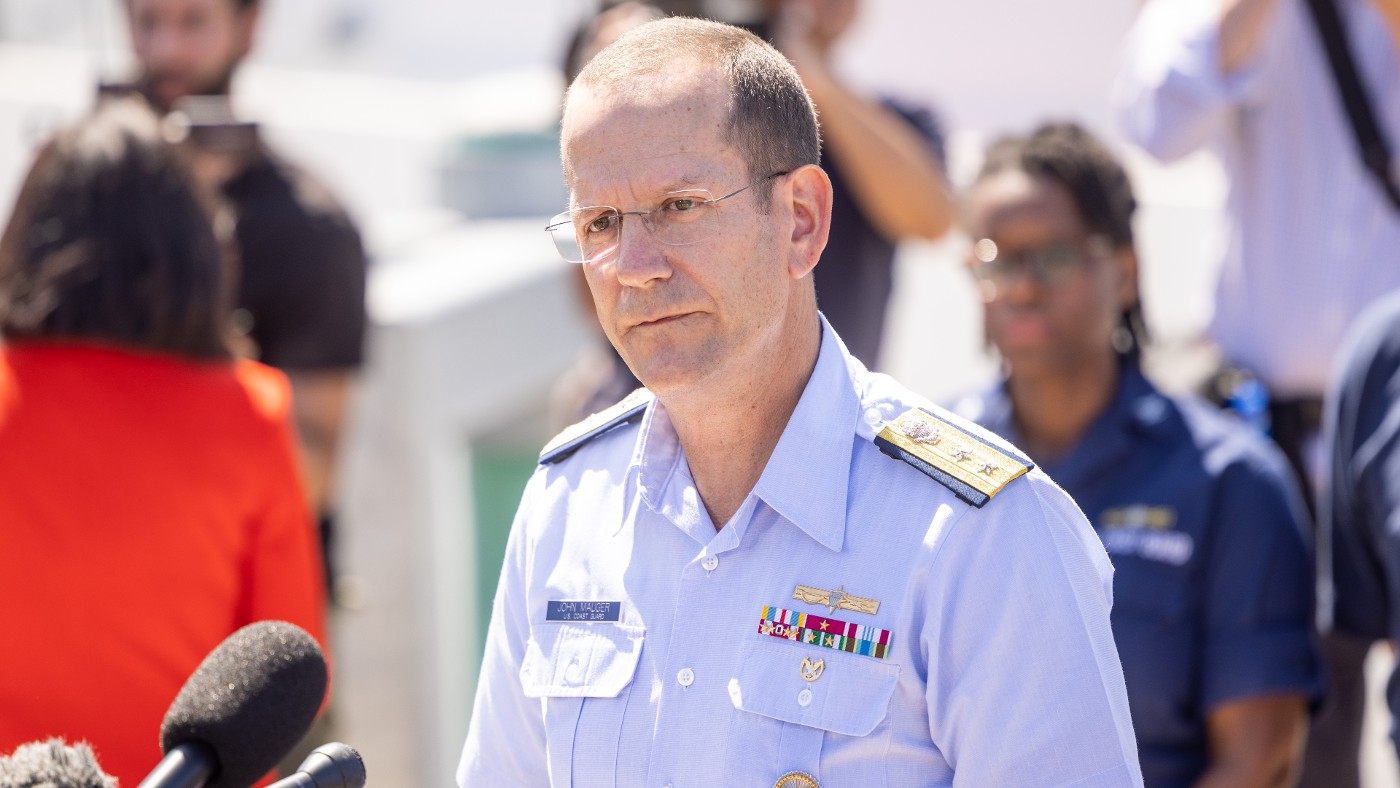 What we know about the Titan sub’s likely implosion
What we know about the Titan sub’s likely implosionfeature Experts say the five passengers would have died ‘instantaneously’ following ‘catastrophic’ loss of pressure
-
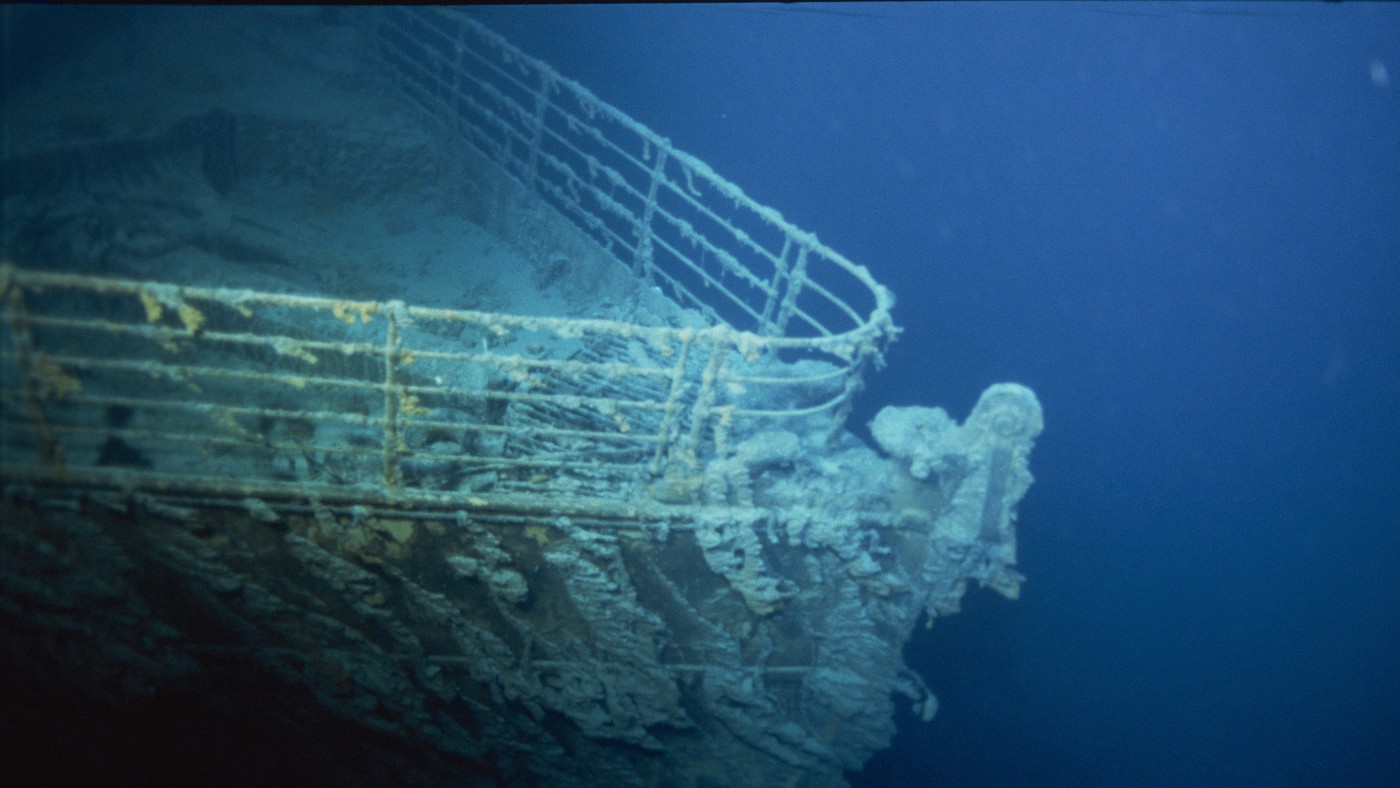 What happened to the missing Titanic sub?
What happened to the missing Titanic sub?Today's Big Question Oxygen supplies running out after vessel lost contact during ‘daredevil’ trip
-
 Man arrested after shooting himself in the leg
Man arrested after shooting himself in the legfeature And other stories from the stranger side of life
-
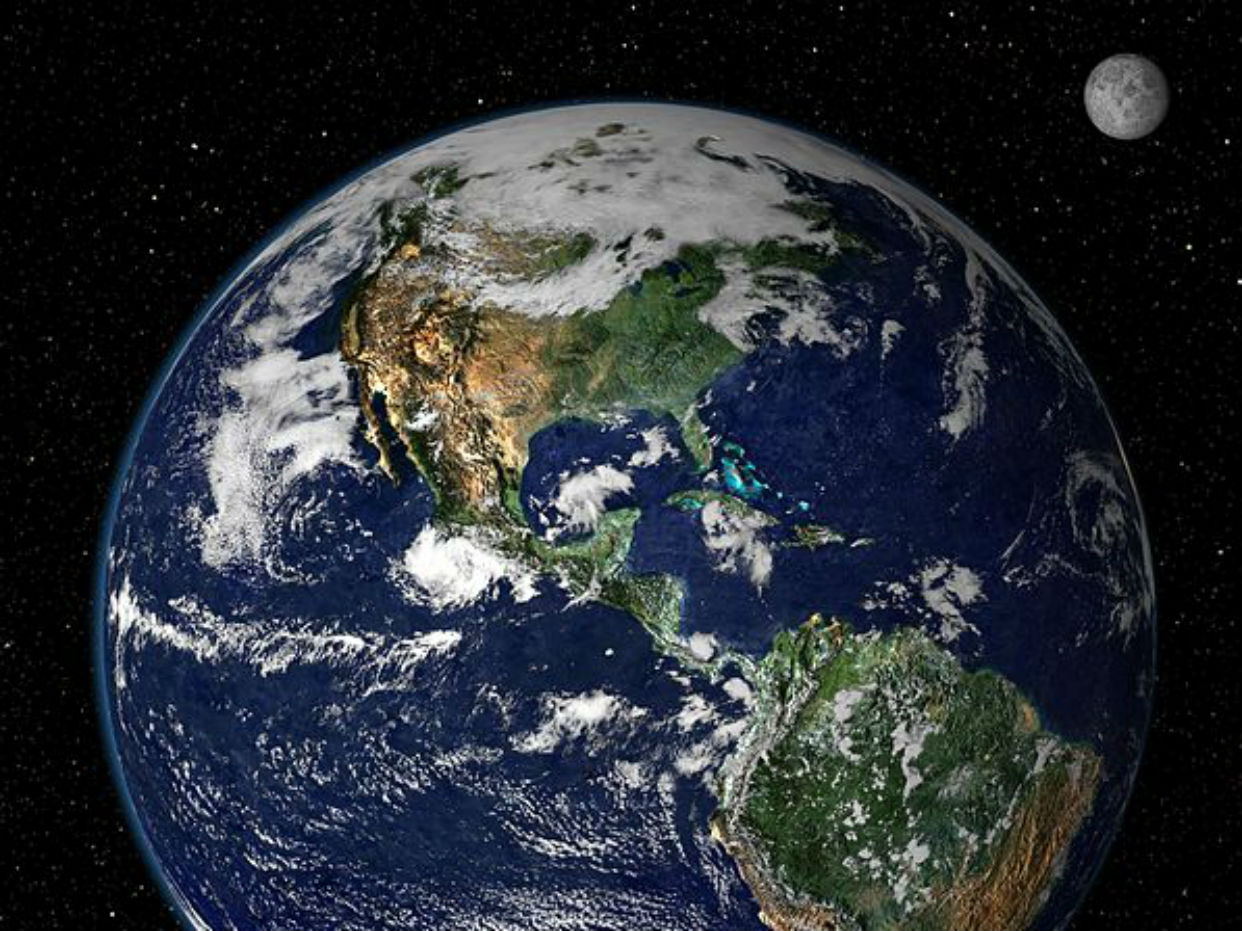 Scientists have watched the end of the world
Scientists have watched the end of the worldfeature And other stories from the stranger side of life
-
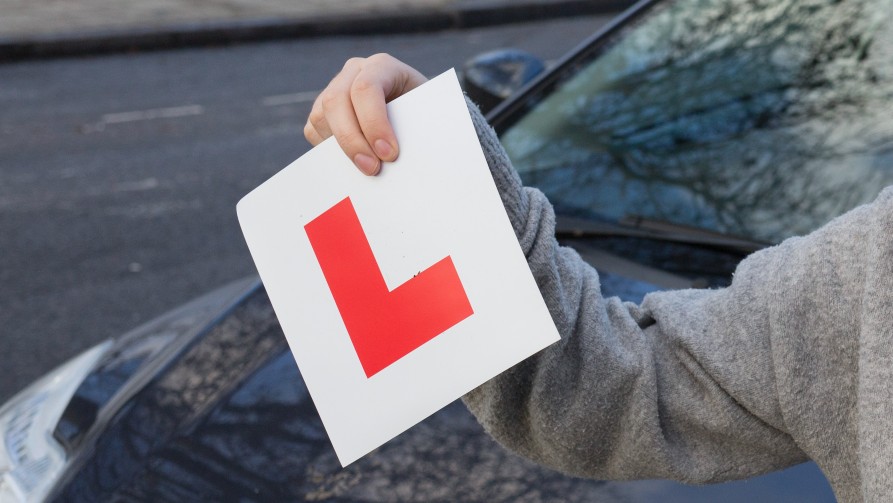 Woman passes driving test at 960th attempt
Woman passes driving test at 960th attemptfeature And other stories from the stranger side of life
-
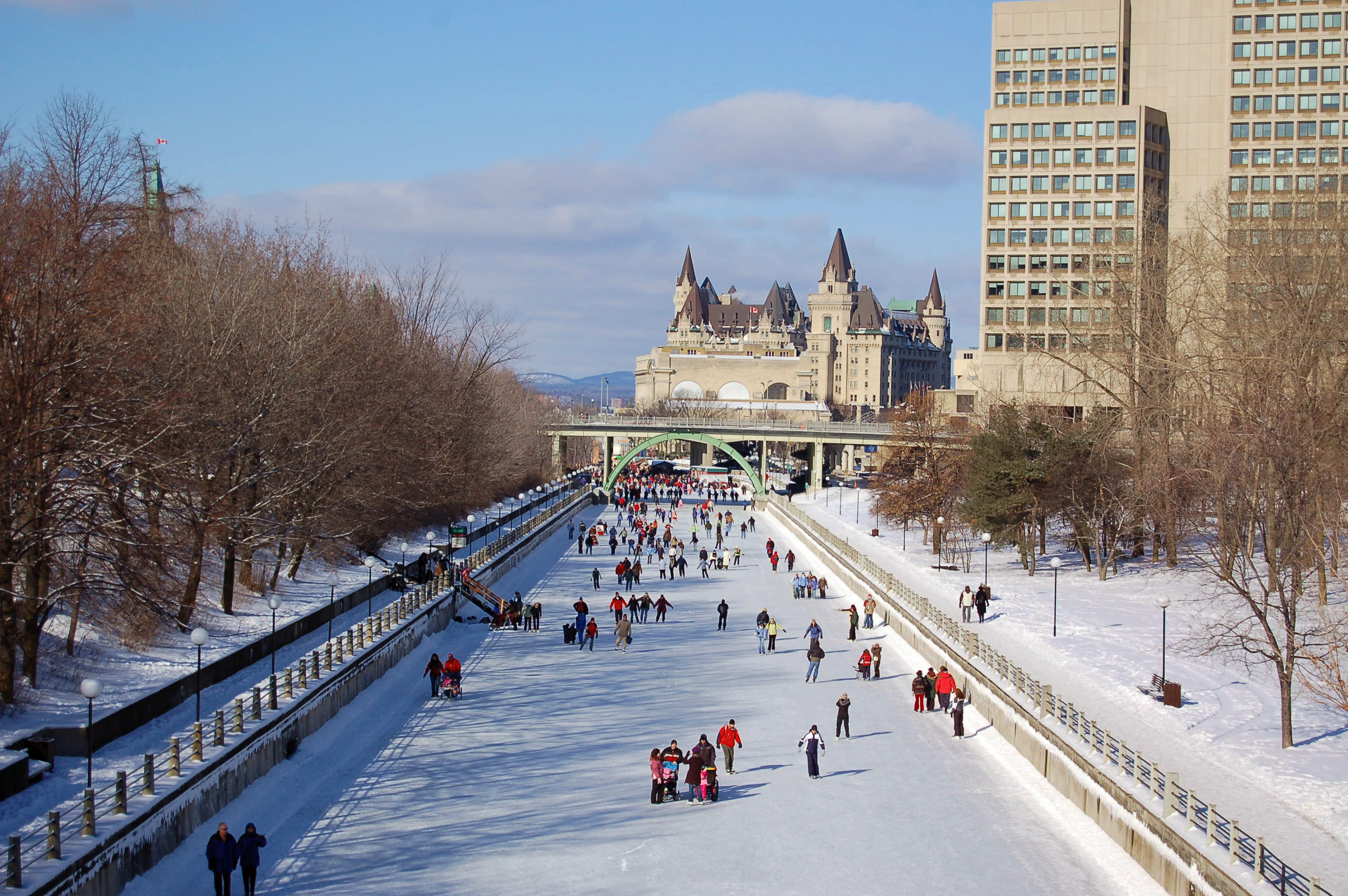 Warm winter threatens opening of world's largest natural ice rink
Warm winter threatens opening of world's largest natural ice rinkSpeed Read